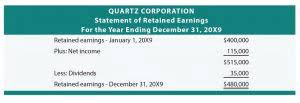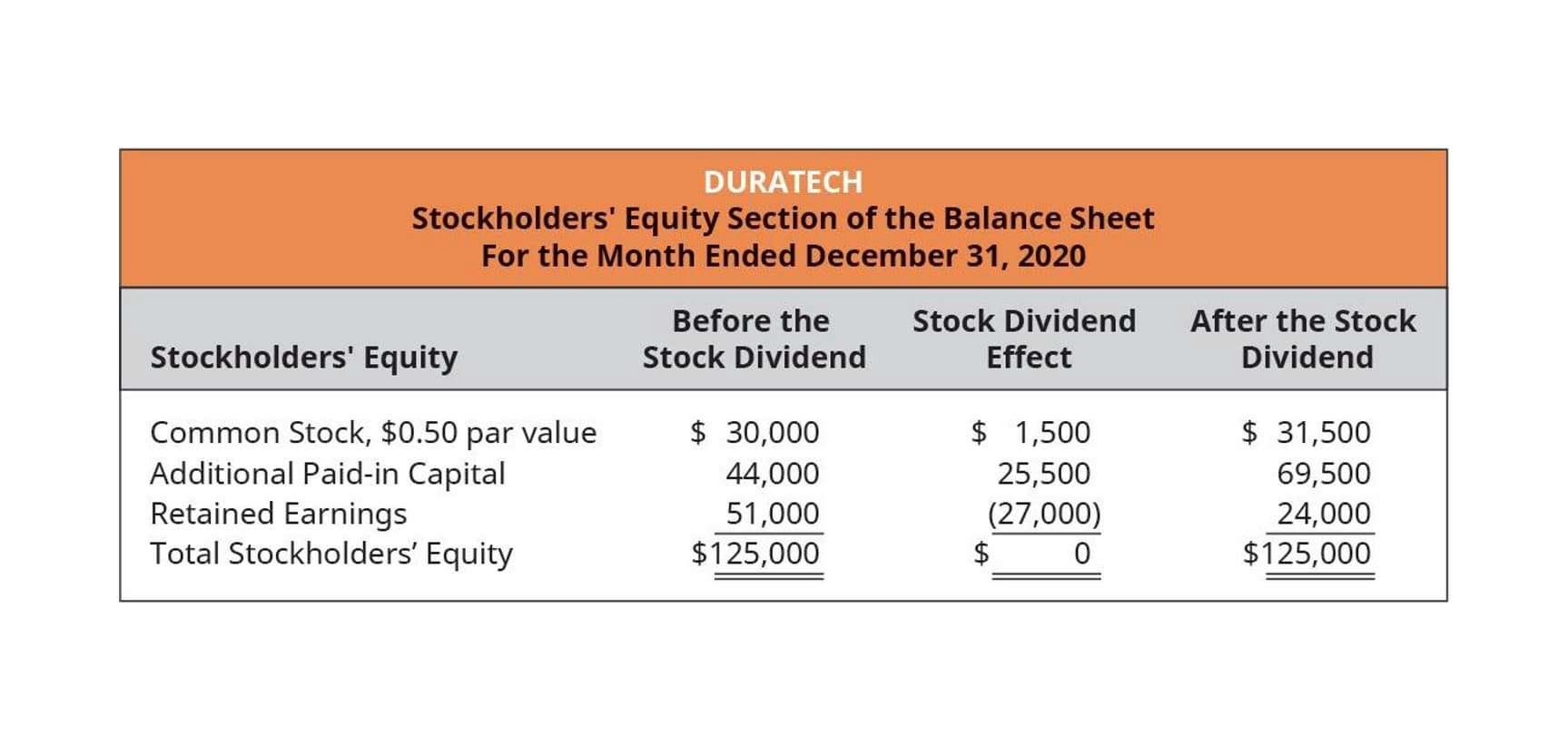Real Estate Accounting 7 Things Agents NEED to Know 2024 Updated

It ensures that financial statements reflect the true financial activities of a property, regardless of cash flow timings. It’s essential to track this alongside real estate bookkeeping property-related expenses. By keeping a close eye on these figures, owners can make adjustments as needed, ensuring their property remains profitable.
- Sandra Habiger is a Chartered Professional Accountant with a Bachelor’s Degree in Business Administration from the University of Washington.
- It can also help plan for taxes, so there are no surprises at the end of the year.
- Real estate accounting is the typical term for accounting practices focusing on real estate transactions.
- These reports provide insights into a property’s financial health, cash flow, and profitability.
- Real estate accounting requires expertise, precision, and a deep understanding of the industry’s nuances.
Building Trust and Enhancing Reputation

For real estate professionals, ethical accounting is indispensable. Accurate ethical practices ensure that businesses operate with integrity and transparency. Real-time data access ensures that businesses have up-to-date financial information. Accessing this data in real-time is crucial for informed decision-making.
Ready to give our services a try?
Before diving into advanced practices, it’s essential to understand the foundational steps of real estate accounting. This involves recording property-related transactions and understanding the role of accrual accounting. These basic steps set the stage for more advanced real estate accounting practices. Real estate accounting provides insights into potential financing options, from loans to investor partnerships. Regular financial reviews ensure that financing is optimized and costs are managed. Training sessions and workshops offer developers insights into best financing practices.

Used by agents to track $3.11 billion of income and expenses …and counting.
Real estate accounting provides tools to forecast sales, based on market trends and demand. Training sessions offer insights into sales strategies and revenue recognition. For developers, accurate sales projections, powered by robust real estate accounting, are crucial for market success and profitability. Reconciliation ensures that financial records match actual transactions. Regular reconciliations ensure that discrepancies are identified and addressed promptly.
MRI Residential Management
If you’re a property manager or landlord needing custom features for managing your properties, go with Buildium. If you are on a budget and don’t have much time to learn how to use real estate accounting software, consider Wave or Baselane. Additionally, real estate agents will find Zoho Books’ document management and collaboration tools, including a customer portal available in all plan tiers, particularly useful. Stakeholder confidence is essential for the growth and sustainability of a real estate business. Good real estate accounting practices, such as transparent financial reporting and fiscal responsibility, build trust.
Effortlessly Manage and Collaborate with Your Team

Accurate understanding ensures that businesses adhere to all relevant standards. Regular reviews ensure that financial statements align with industry-specific guidelines. Managing tenant leases is foundational for property management firms. Real estate accounting software offers tailored solutions for lease management and billing. Regular financial reviews ensure that rental incomes are optimized. Training sessions offer insights into best lease management practices.
- Accrual accounting plays a pivotal role, especially in property management.
- This section delves into the intricacies of compliance in real estate, from understanding financial accounting standards to navigating tax regulations.
- Real estate companies, from developers to property management firms, are in constant pursuit of growth.
- These systems are more than just tools; they’re partners in ensuring the financial success of a real estate business.
Regular bookkeeping, vigilant record-keeping, and the use of industry-specific accounting software can greatly simplify this process and minimize the likelihood of errors. Next, make a list of the key features your real estate business needs to adequately fulfill its accounting responsibilities. Compare that feature list with the plan you are considering to determine if anything is missing. One of the most frequent pitfalls in real estate accounting is the mixing of personal and business finances. Real estate professionals should maintain separate bank accounts and credit cards for business expenses to ensure clarity and simplify financial tracking.
For real estate professionals, synchronized budgeting is crucial. Accurate budgeting drives informed decision-making and ensures that financial plans support property management objectives. At the end of each accounting period, books must be closed and prepared for the next period.
- It has a very good mark for Ease of Use thanks to its user-friendly layout and the ability to create any transaction with only a couple of clicks.
- Ensuring accurate financial data amidst these complexities is a challenge.
- This oversight involves tracking petty cash expenditures, understanding lease agreement nuances, and overseeing recurring automated transactions.
- It allows the landlord to track bills, send invoices, and print net income reports by property.
- Most of the best accounting software for real estate agents is available as a web-only solution, with the back-end deployed in the cloud for backup.

It’s a critical aspect of successful real estate accounting that supports financial growth. Property management software offers features that streamline property operations. Integrating with this software https://www.bookstime.com/ is crucial for efficient real estate accounting. Training sessions offer insights into software integration techniques. Accurate software integration drives efficiency and business optimization.
